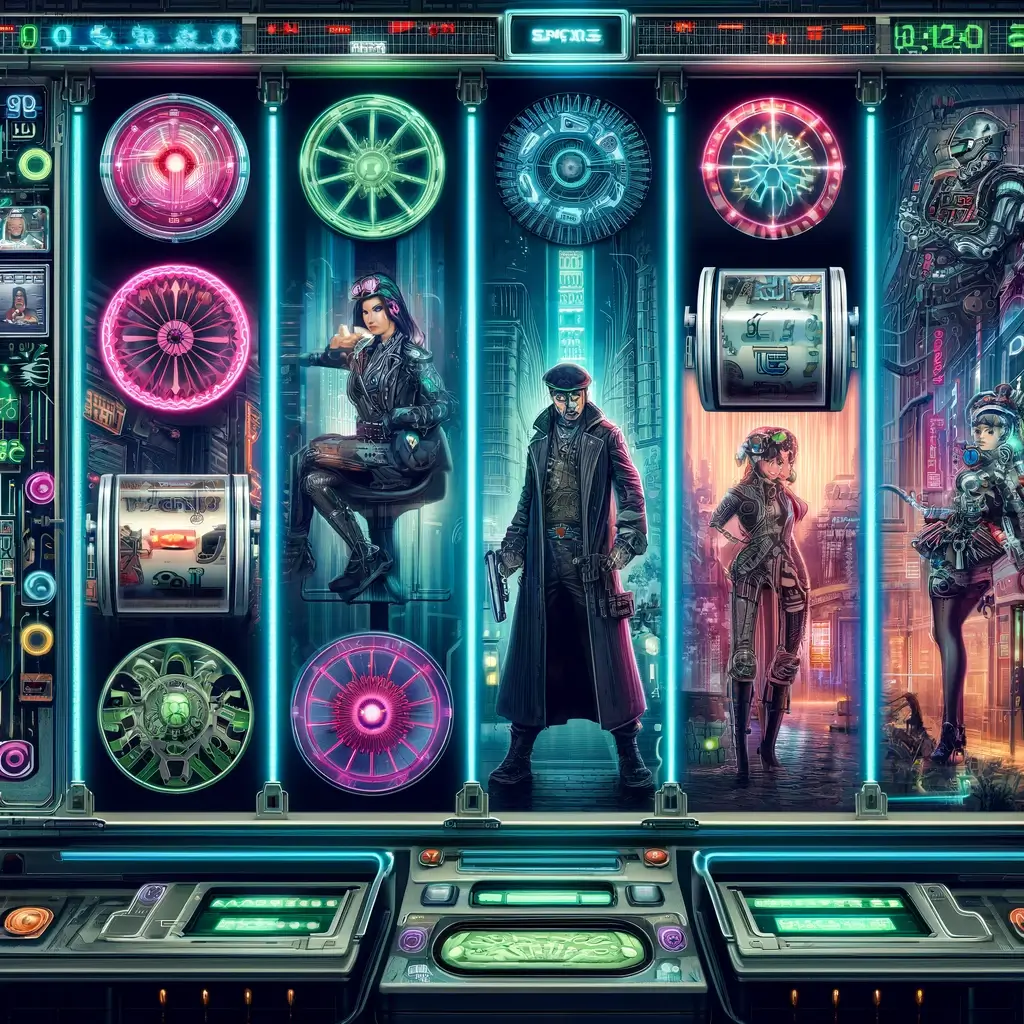The East Brabant District Court in the Netherlands has issued a ruling against the gambling regulator, de Kansspelautoriteit (KSA), potentially disrupting the Nederlandse Loterij’s lottery monopoly. According to Casino Nieuws, this decision came after several businesses, including Jack’s Casino and Jacks.nl owned by JVH Gaming (as identified by Brabants Dagblad), saw their applications for instant lottery, sports betting, and lottery licenses denied by KSA on September 4, 2022.
KSA justified its refusal by highlighting the existing lottery monopoly, explaining that the license had already been granted to Nederlandse Loterij. This defense underscores the nation’s strict monopoly policy, which restricts the issuance of such licenses to a single legal entity.
Inconsistent Gambling Policy
The claimants contested KSA’s rationale, pinpointing contradictions within the Netherlands’ gambling policy after the Remote Gambling Act (KOA) implementation in October 2021. They cited decisions from May 2, 2018, and March 10, 2021, which preserved the lottery monopoly for sports competitions and instant lotteries, albeit permitting charitable lotteries to operate alongside the monopoly. This discrepancy brought to light the inconsistency in the enforcement of the lottery monopoly within the country’s gambling landscape.
Upon scrutinizing the claims, the court determined that the KOA Act, which formed the basis for KSA’s rejection, contravened Article 56 of the Treaty on the Functioning of the European Union (TFEU). This article bars any restrictions on service offerings across EU member states, indicating that the Dutch gambling policy, specifically concerning the lottery monopoly, no longer maintained a “horizontally consistent” approach in light of the broader European legal framework.
The court observed, “Following the KOA Act’s introduction, the gambling policy shifted towards a single license system for the less addictive, land-based games of chance. This system starkly differs from the more liberalized online gambling licensing, which, despite its higher risks of addiction and criminal activity, diverges from the traditional approach to the lottery monopoly.” This observation underscores the court’s concern over the inconsistencies in the application of the lottery monopoly within the Netherlands’ gambling regulations, particularly after the advent of the KOA Act.
Implications of the Ruling
The court deemed it disproportionate to restrict service offerings to a lottery monopoly system, stating it doesn’t systematically or coherently protect the public interests involved in gambling, such as customer protection, or the operation of land-based gaming. This critique highlights the court’s view that maintaining a strict lottery monopoly does not necessarily serve the intended protective measures for the public or the gambling industry’s healthy operation.
As a result, KSA was found not to have the right to reject the license applications based solely on Nederlandse Loterij’s existing approval to operate within the lottery monopoly in the market. The regulator now has 12 weeks to reassess the applications, acknowledging the ruling’s significant impact on the approach to licensing for the three country-based games of chance and potentially redefining the structure of the lottery monopoly itself.
Future Competition and Market Changes
Justin Franssen, an attorney and partner at the gambling law firm Kalff Katz and Franssen, regards the ruling as a logical outcome of liberalizing the remote gaming market along with a series of pertinent case laws. He anticipates that this decision will play a crucial role in shaping the discourse surrounding Nederlandse Loterij’s lottery monopoly and the potential privatization of the NLO.
“We expect competition in the market for land-based sports betting soon, a welcome development for diversification and modernization of the Dutch arcade market,” Franssen elaborated, indicating that the verdict might have far-reaching consequences for the lottery monopoly and the overall future of gambling in the Netherlands.



